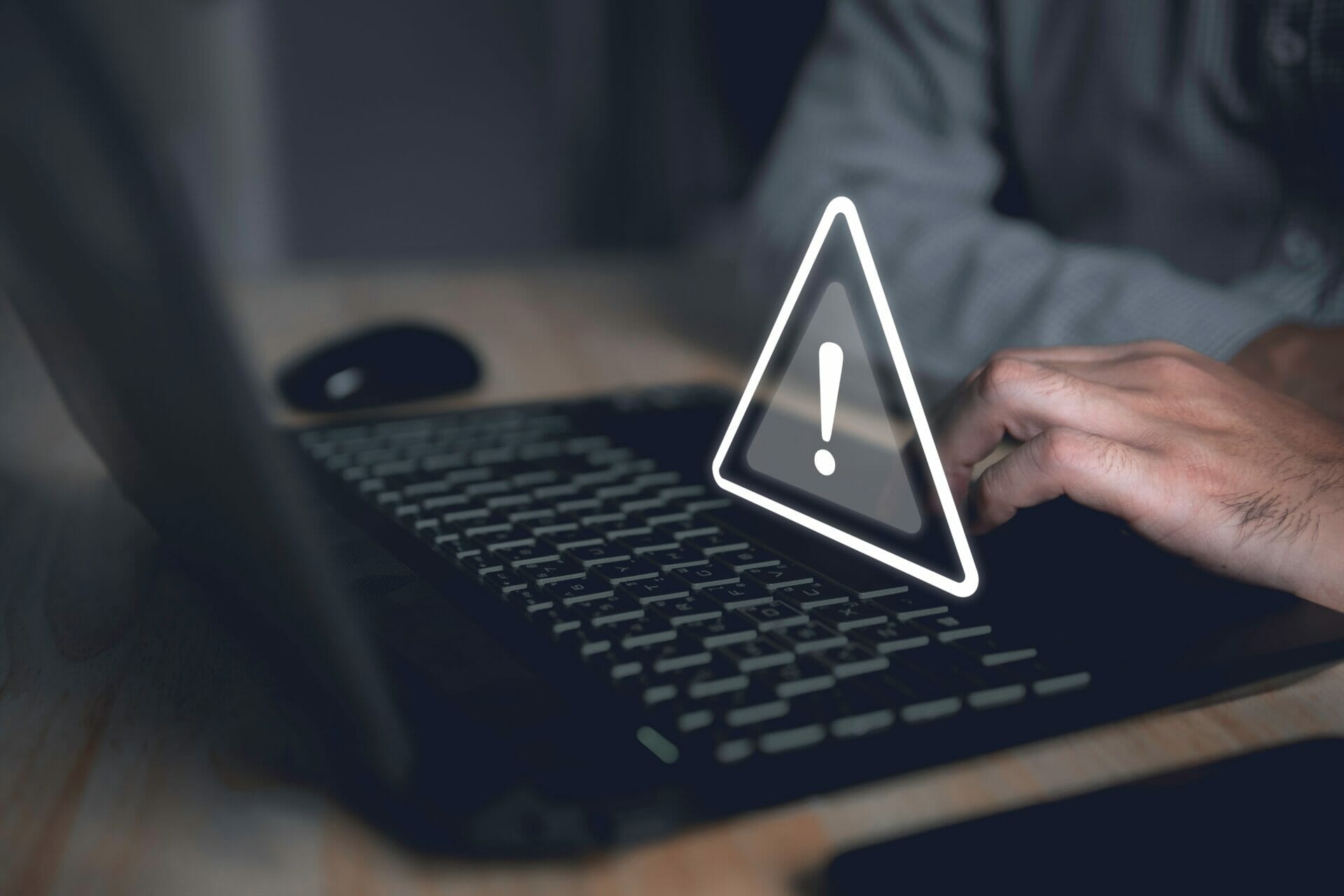The fraud triangle is a framework used by anti-fraud professionals that helps explain the motives behind deceitful actions. For attorneys and CPAs who are helping their clients search for answers, the fraud triangle may serve as a powerful tool to help them understand and uncover common threads among fraud cases.
Just as the fire triangle (heat, oxygen, fuel) explains the conditions needed to start a blaze, the fraud triangle sets out three factors that drive people to commit fraudulent acts: pressure, opportunity, and rationalization.
Elements of the Fraud Triangle
Let’s explore the three elements of the fraud triangle in greater detail:
1. Pressure – The Heat that Ignites Fraud. In the fire triangle, heat acts as the catalyst that sets fuel ablaze. Similarly, pressure or greed can lead people to commit fraud. Financial burdens, medical expenses, or the allure of living beyond one’s means can all act as potent sources of heat.
Red flags often appear when individuals feel pressure. They may be spending more than they earn or experiencing financial difficulty. They may have problems with control, or start running into problems with their families. When red flags like these are present, particularly among individuals with wide access to financial records and minimal oversight or accountability, the potential for fraud increases.
2. Opportunity – Fraud’s Oxygen. Just as oxygen fuels a fire, opportunity fans the flames of fraud. When people can deceive without being easily detected, they are far more likely to be tempted to engage in fraudulent activities. The gateway to personal gain could be opened by access to financial records or company assets, or the ability to manipulate transactions with minimal oversight.
On the plus side, opportunity may be the element of the fraud triangle that can be most affected when an organization adopts stronger anti-fraud controls. Reducing opportunity may mean separating duties so that one person does not have complete control over a vital financial activity, increasing the perception within the organization that a fraud will be detected, and fostering a culture in which people feel greater responsibility for their actions.
3. Rationalization – The Fuel for Deception. Rationalization is the fuel that perpetuates fraud. Individuals often go through an intricate mental and emotional process to justify their fraudulent actions and to sustain a deception. Thoughts like, “I deserve this because I work so hard” or “It’s just a loan and I’ll pay it back later,” may power a financial fraud.
An organization’s culture can also create opportunities for fraudsters to rationalize their actions. When organizations fail to promote an ethical culture or sustain toxic leaders who cut corners or wink at corruption, rationalizations usually thrive. Ethically responsible cultures support employees’ ability to do the right thing and set clear expectations for acceptable behavior.
Using the Fraud Triangle: A Case Study
The fraud triangle can help identify the pressures, opportunities and rationalizations that lead to and sustain a fraud. Consider the following investigation Forensic Strategic Solutions conducted on behalf of a medical equipment company.
The company’s CFO unexpectedly took medical leave, and another individual stepped in to fill the role. When the interim CFO noticed that two people on the payroll had the same last name as the absent CFO, the company asked us to investigate.
Upon analysis, the FSS financial fraud investigation team determined that the CFO on leave was engaged in a ghost employee scheme, where someone is added to the payroll and collects a wage even though they are not really working for the organization. A review of payroll showed that the CFO had misappropriated more than $1.3 million.
What did the elements of the fraud triangle tell us about the scheme?
Pressure: The CFO felt immense pressure as a result of two factors: a high amount of personal credit card debt, which led to severe financial stress; and the individual was obliged to meet aggressive deadlines with an inadequate level of staff support, resulting in relentless non-financial pressure.
Opportunity: As pressure mounted, the CFO’s level of authority within the organization presented him with a prime opportunity for fraudulent activities. His powerful role within the company allowed him to make changes to payroll without raising immediate suspicion.
Rationalization: How did the CFO rationalize his behavior? He believed he was underpaid and underappreciated. He also wagered that corporate leadership, bogged down with their own tasks, wouldn’t pay much attention to subtle changes in the payroll system. He therefore rationalized setting up ghost employees on the payroll, asserting to himself that his actions were justified.
(Read more about this case study here.)
Takeaway
By understanding and addressing the fraud triangle, attorneys and CPAs , where possible, can help their business owner clients prevent fraud. Oftentimes, however, elements of the fraud triangle may already be evident in a client’s business. Here are three ways to help clients respond quickly to potential fraud:
- Educate clients about the fraud triangle: Clients may not be aware of how certain circumstances can contribute to fraud. Educate them so they can make informed decisions about how best to respond.
- Encourage clients to protect their organization’s financial information: If a fraudster has unauthorized access to sensitive information, clients can more quickly detect fraud by limiting access to information to key personnel.
- Consult a Certified Fraud Examiner: Fraud is a complex issue, and clients may not know where to turn for help. A CFE can help them understand the signs of fraud so they can take appropriate action.
As a firm providing expert advice, we encourage you to reach out to us should you need professional help in navigating and combating financial fraud. Our team of Certified Fraud Examiners is always ready to assist you.

